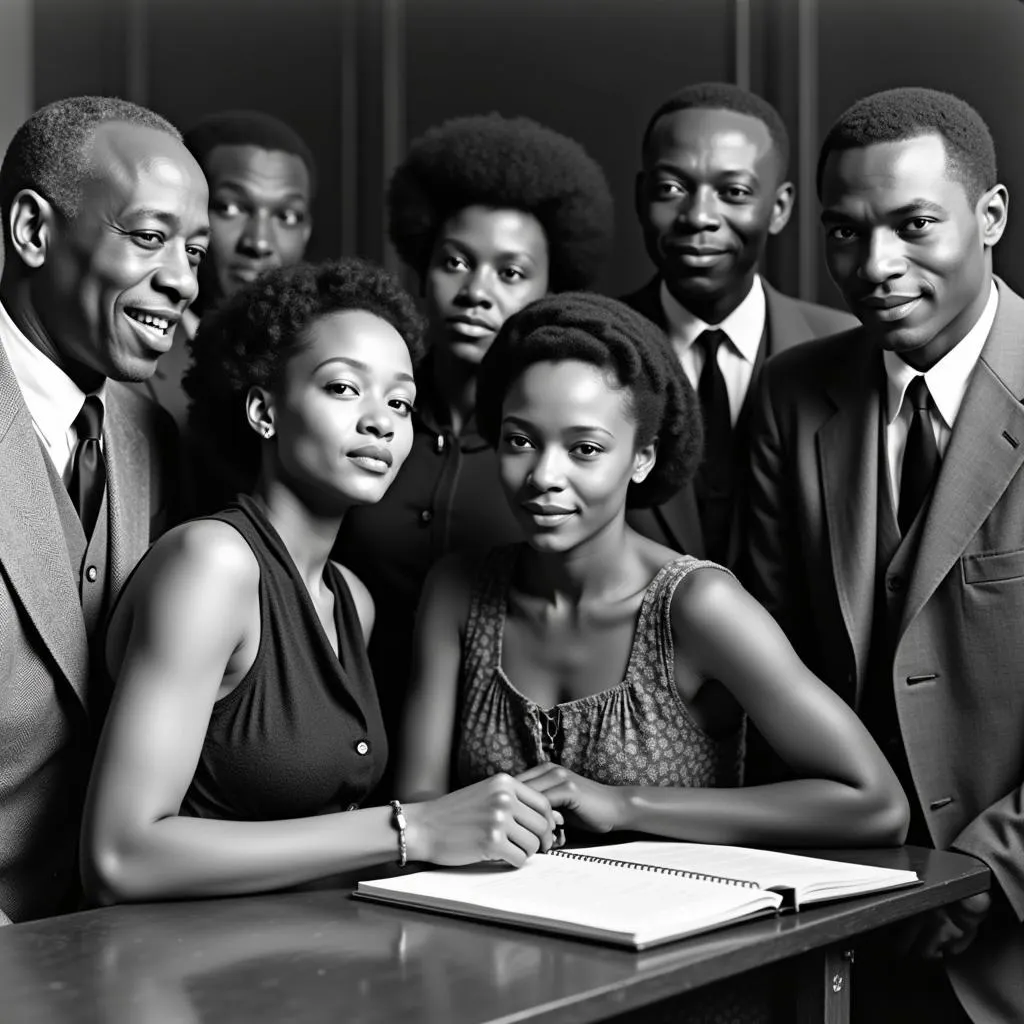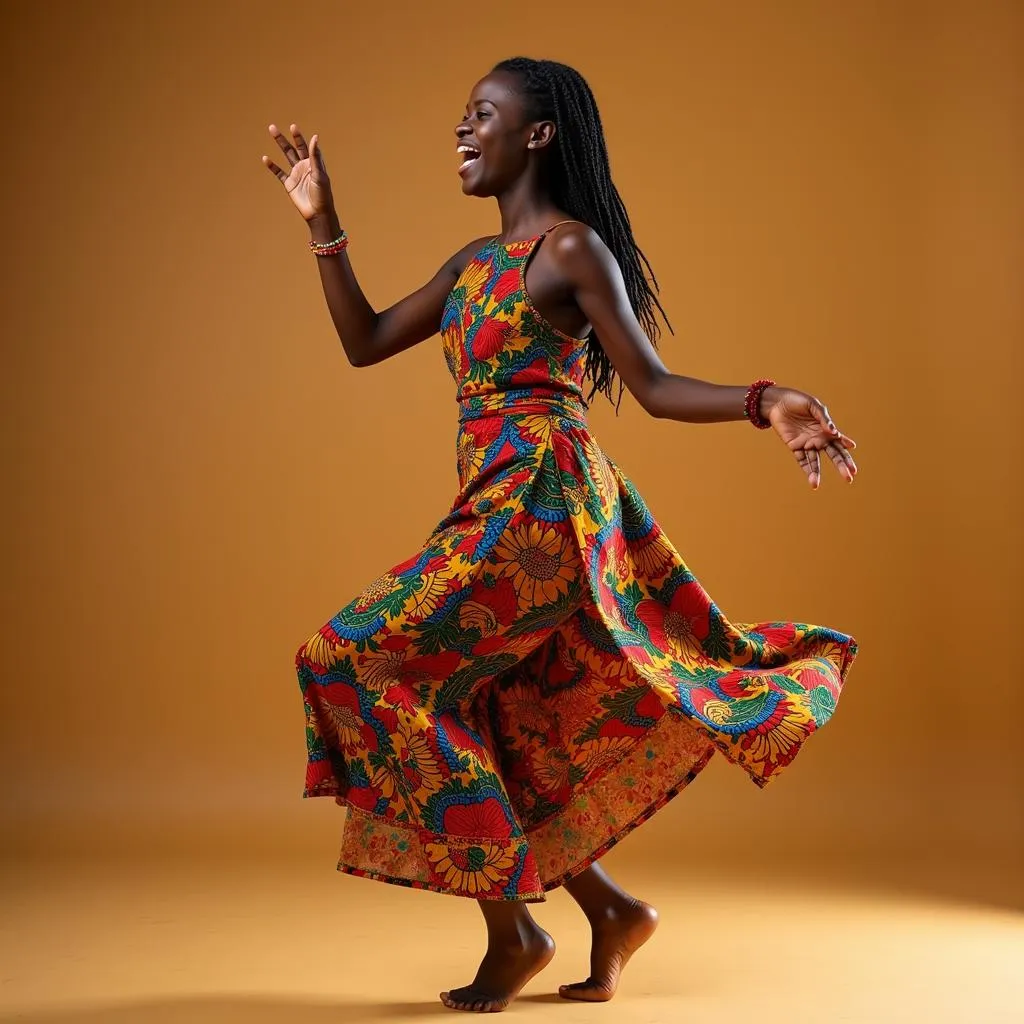A Deep Dive into African American Hair Culture
African American Hair Culture is a rich tapestry woven with history, tradition, and self-expression. From the intricate braids of ancient Africa to the vibrant styles of today, this unique cultural element reflects a journey of resilience, creativity, and pride. This article delves into the fascinating world of African American hair, exploring its historical significance, diverse styles, and the ongoing evolution of its cultural impact.
The Roots of African American Hair Culture
To truly understand African American hair culture, we must journey back to Africa. Hair braiding was more than just a styling practice; it was a form of communication, a symbol of social status, and a reflection of tribal identity. These intricate patterns, passed down through generations, carried stories, traditions, and a deep connection to heritage. During the transatlantic slave trade, these traditions were brutally disrupted. Forced into a new and oppressive environment, African Americans faced the erasure of their cultural practices, including their hair care rituals.
The Evolution of Style and Self-Expression
Throughout the 20th and 21st centuries, African American hair has become a powerful symbol of self-expression and resistance. From the straightened hair of the early 1900s, influenced by Eurocentric beauty standards, to the Afro of the Civil Rights Movement, a symbol of Black pride and power, each era has witnessed a unique evolution of styles. The natural hair movement of recent decades has further emphasized embracing natural textures and celebrating individuality. Check out some stunning african american hair images for inspiration.
What are some popular African American hairstyles?
Some popular African American hairstyles include braids, twists, locs, afros, and weaves. Each style has its unique history and significance within African American culture. You can explore a variety of african american haircuts to find the perfect style for you.
Hair Care and Community
Hair care within the African American community is often a shared experience, passed down through generations. From the “kitchen beautician” to professional stylists, the act of caring for and styling hair becomes a ritual of bonding, storytelling, and cultural affirmation. Are you curious about different african american hairstyle names? Learn more about the rich vocabulary associated with these unique styles.
“Hair is not just hair in the African American community,” says Dr. Anika Noni Rose, a leading cultural anthropologist. “It’s a statement, a connection to history, and a powerful form of self-expression.”
Embracing the Crown
African American hair culture continues to evolve, influencing global beauty trends and challenging conventional notions of beauty. It’s a testament to the resilience, creativity, and enduring spirit of a community that has transformed a legacy of oppression into a celebration of identity.
For men exploring longer hair options, there are many resources available. Learn more about african american male long hair and discover the latest trends. Explore different african american hair accessories to add flair and personality to your hairstyle.
In conclusion, African American hair culture is a vibrant and ever-evolving tapestry of tradition, innovation, and self-love. It’s a story etched in braids, curls, and afros, a powerful narrative of a community embracing its heritage and shaping its future.
FAQ
- What is the significance of braiding in African American hair culture?
- How did slavery impact African American hair practices?
- What is the natural hair movement?
- What are some common misconceptions about African American hair?
- How can I learn more about caring for my natural hair?
- What are some traditional African American hair care practices?
- How has African American hair culture influenced mainstream beauty trends?
Need more information? Explore other articles on our website covering topics such as hair care tips, styling tutorials, and the history of specific hairstyles.
When you need assistance, please contact us: Phone: +255768904061, Email: [email protected], or visit our office: Mbarali DC Mawindi, Kangaga, Tanzania. We have a 24/7 customer support team.

